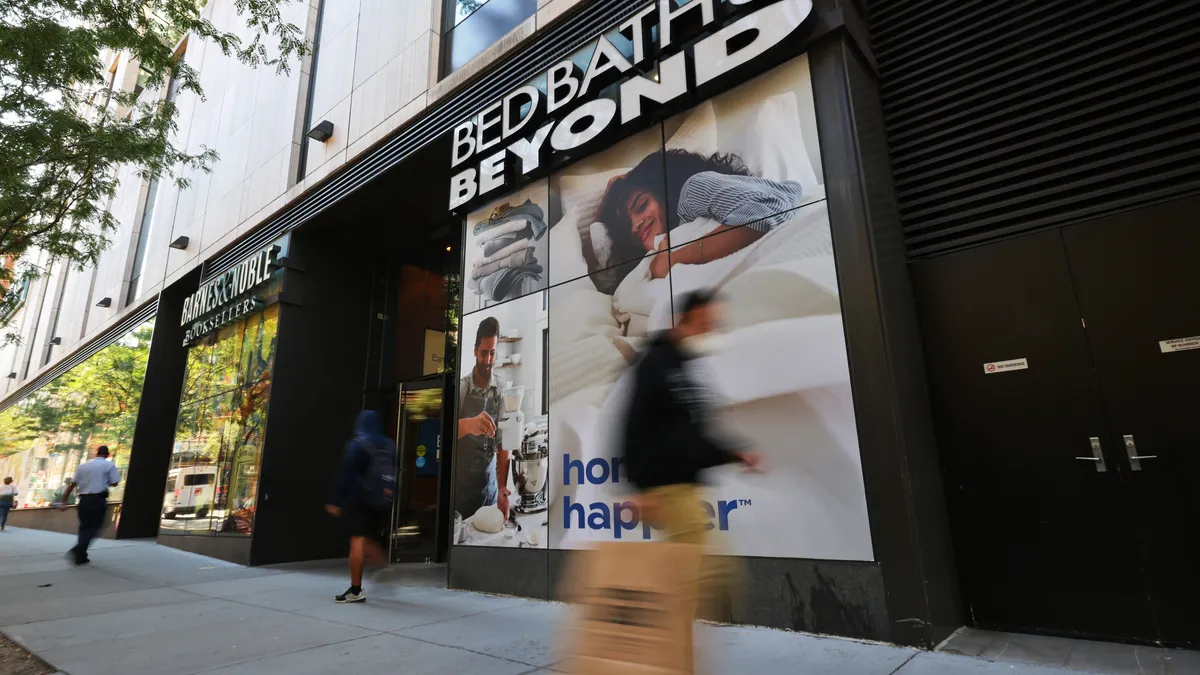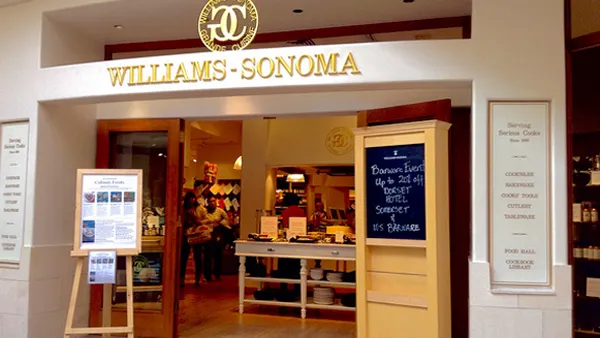Dive Brief:
-
On Wednesday, Wal-Mart and Peapod announced a partnership with shopping list scanner Hiku, which allows customers to scan products at home and add them to their mobile shopping list.
-
After scanning or telling Hiku their wanted items, customers can then order their list through Wal-Mart Online Grocery (which requires users to pick up their order at Wal-Mart stores) or Peapod (which overs both pickup and delivery), granted availability of the items.
-
Hiku's latest version is less vulnerable to kitchen spills, retains its WiFi connection (eliminating significant delays), and better “understands” voice commands. The $80 gizmo sits somewhere handy in a home—probably, like all shopping lists, in the kitchen—ready to accept barcode scans or spoken words to compile its list.
Dive Insight:
Hiku is something of a competitor to Amazon’s Dash buttons and its Echo speakers, but, aside from its differences, it has no doubt benefited from Amazon’s entry and success so far in the space. That is, while Hiku has languished for two years, beset from its own faults and healthy consumer skepticism, Amazon has done much to persuade people that push-button ordering is handy (and functions well).
If these order-on-demand devices gain traction, they could seriously impact sales at big-box retailers selling household products, as the need to head outside to stock these items is eliminated. While Wal-Mart is adapting this new type of shopping, it, and other brick-and-mortar stores, could be pressured to offer more incentives for customers to visit their physical locations for these goods and others, including discounts, loyalty programs, and a more customer-centric experience.
The device will likely benefit from its own improvements, as well as its temporary $50 holiday sale price, the addition of Android to its mobile app, and the increasing popularity of Wal-Mart’s and Peapod’s grocery services.
It may need to add more such services to its roster, though, for many more people to move on from their pen-and-paper or other mobile shopping lists, or to prevent them from dashing to Amazon.















